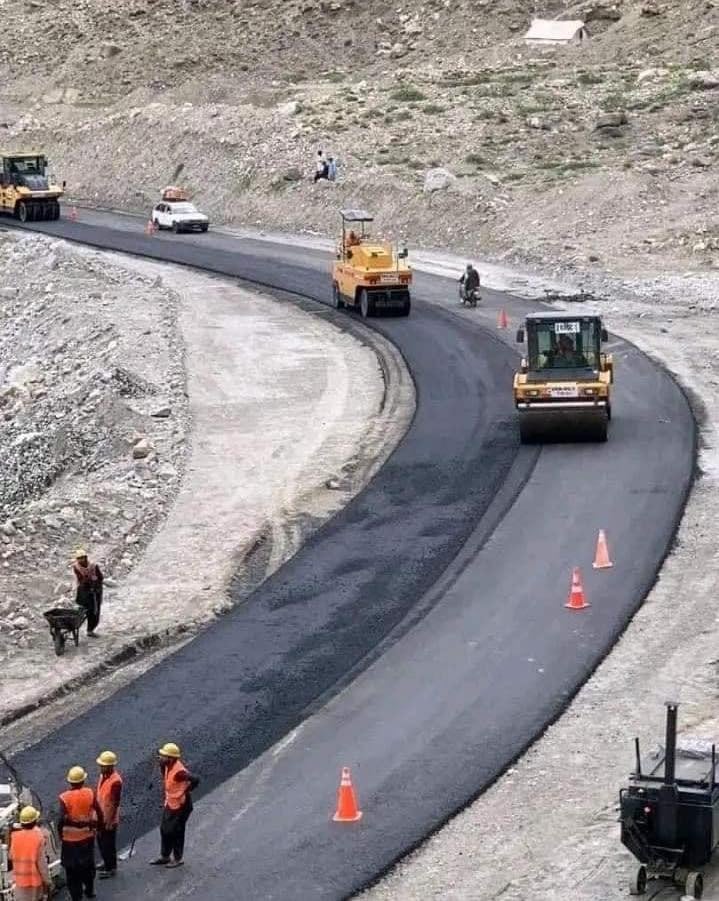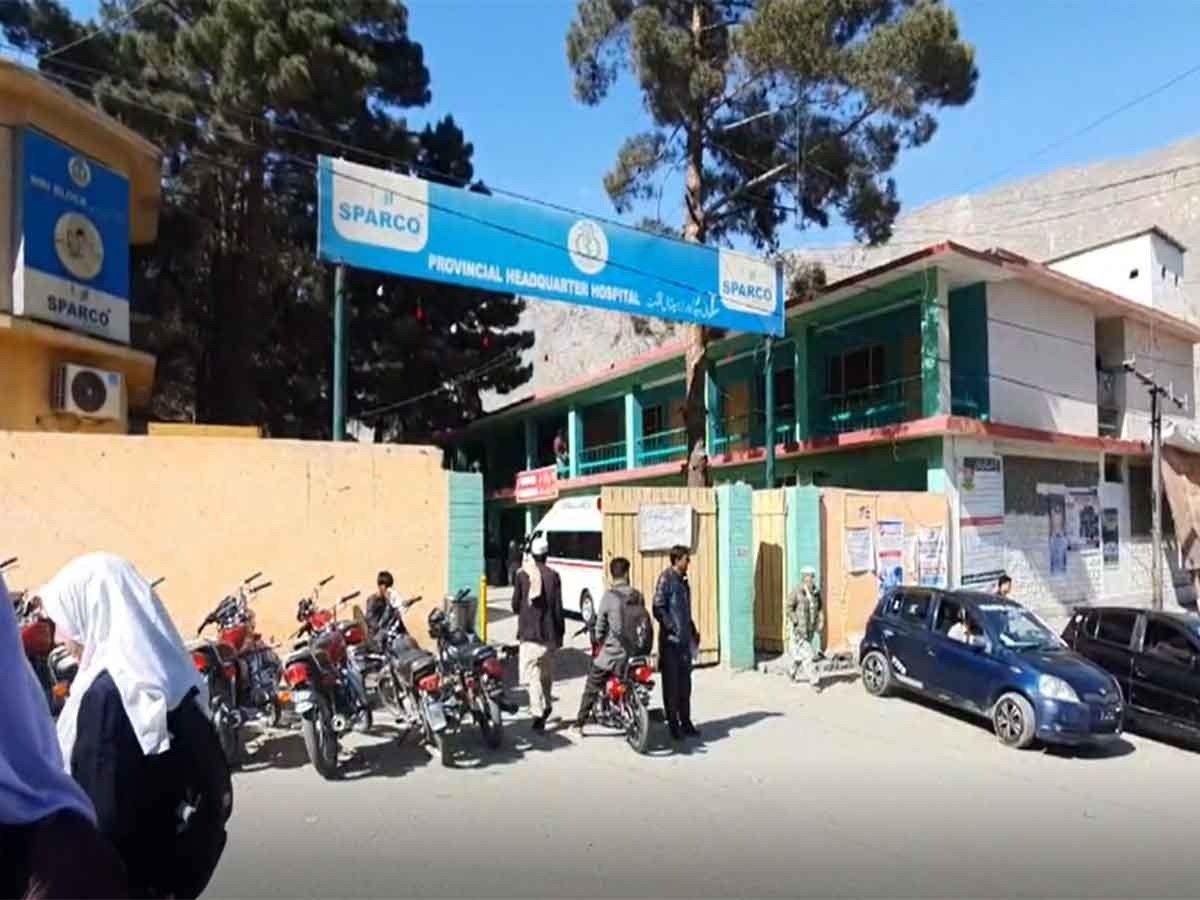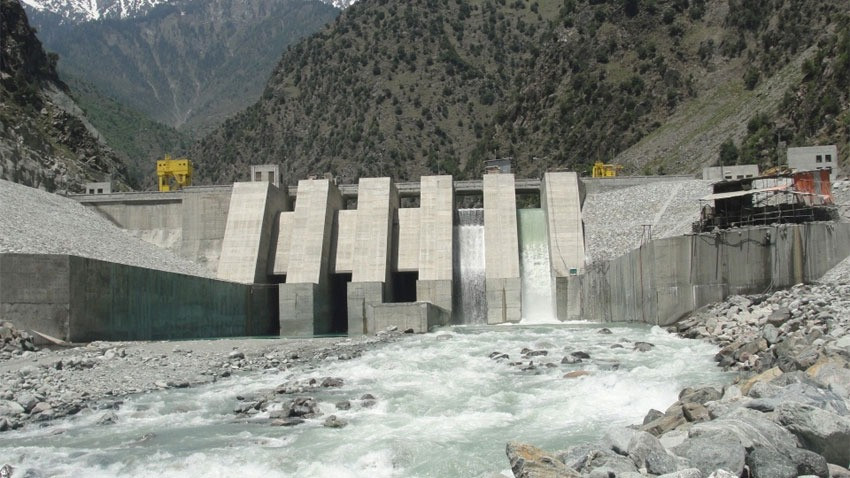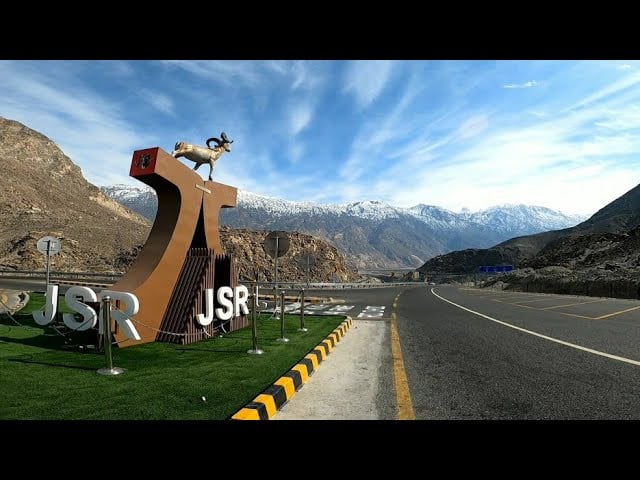There is a curious habit in our national discourse, the tendency to simplify complex realities into convenient complaints. Few regions suffer more from this reductionist lens than Gilgit-Baltistan. Celebrated for its mountains but misunderstood in its politics, GB is often cast as a perpetual victim sidelined, suppressed, and stagnant. This caricature has been repeated so often that it has begun to obscure the truth.
While constructive criticism is necessary for any democracy, the narrative surrounding GB has drifted into territory that ignores progress, underplays agency, and dismisses the real strides being made on the ground. Worse, it promotes a dangerous illusion that constitutional status alone will solve everything from governance failures to economic disparity. But to believe that is to ignore the more pressing question: what has prevented meaningful change within the structures that already exist? It is easier to chant for “rights” than to ask how the ones already given have been used or misused. More dangerously, a section of the youth is now being swayed by emotional rhetoric that exploits their aspirations, weaponising historical grievances into slogans, while conveniently ignoring the ground realities that require governance, not glorified constitutional semantics.

In recent years, GB has witnessed a remarkable transformation that rarely finds its way into mainstream narratives. From new road networks to upgraded healthcare, from sprouting tourism to higher education opportunities, the landscape is shifting not always fast enough, not always perfectly, but undeniably. The myth that local governance is helpless due to federal interference collapses under a deeper scrutiny. How many times has the Prime Minister truly intervened in GB’s governance? The number is negligible. Administrative decisions, appointments, budgetary allocations, and development priorities are overwhelmingly shaped within the GB framework. Yet, critics continue to use this alleged interference as a rhetorical crutch to justify underperformance. The creation of small tehsils and districts criticised by some as political maneuvering may have its flaws, but does anyone genuinely believe this will stop if GB’s status changes? Governance is a function of competence and accountability, not a constitutional consequence. If administrative inefficiencies plague existing structures, they will persist in any new status unless leadership improves and changing a label does not change leadership.

At the heart of this debate is a more sobering reality: the challenges of GB are not unique to its geography or legal status. Unemployment, underdevelopment, bureaucratic delays, and lack of job creation are common to other regions of Pakistan as well. To suggest that these problems would vanish with a constitutional stamp is a disservice to the people of GB and to common sense itself. What is more troubling is that some activists and self-styled pseudo intellectuals are misleading the common man, generating a sense of deprivation by selectively framing facts. The question must be asked what additional rights will the common citizen gain if the region is declared a province? Beyond symbolic inclusion in forums like the National Finance Commission or Council of Common Interests, which are often misrepresented, the everyday lives of people will not transform unless local institutions start functioning efficiently. What good is a new title if schools lack teachers, hospitals lack doctors, and departments lack performance? The consultative process on constitutional status must continue, certainly, but portraying it as the singular solution is intellectually dishonest. The real change will come not from Islamabad’s pronouncements but from local leadership that delivers and holds itself accountable.

Indeed, evidence of ongoing development contradicts much of the gloom promoted by critics. Consider connectivity: the Karakoram Highway (KKH), once the lone artery, is being expanded, realigned, and supplemented. The Shandur Road, connecting GB to Chitral, is nearly complete. The Juglot–Skardu Road has revolutionised intra-regional mobility, particularly for Baltistan. The planned Chilas–Mansehra Expressway, the Shounter Pass road to AJK, and the long-term goal of all-weather access through Babusar Pass all point to sustained infrastructural focus. The Skardu International Airport is already welcoming flights, boosting both tourism and trade. These are not mere promises; they are realities that tourists, traders, and transporters experience daily. Education, too, tells a similar story. With two functioning universities Karakoram International University (KIU) and the University of Baltistan (UoB) alongside engineering colleges, public schools, and vocational centers, GB’s youth have more academic options than ever. KIU alone receives a federal grant of Rs. 1.4 billion annually, while UoB receives Rs. 400 million. Cadet colleges, Army Public Schools, Danish schools, and IT parks run by SCO are changing the professional landscape. Thousands of young people are now freelancing, contributing to the digital economy a quiet revolution ignored by loud politics.

The healthcare sector, long a neglected domain, has seen measurable improvements. From the recently inaugurated cardiac hospital in Gilgit to the cancer treatment centre GINOR, from civil hospitals and dispensaries to the hepatitis eradication initiative and mobile health units, the outreach is growing. Skardu is now earmarked for a new medical college, reflecting responsiveness to public demands after the earlier Gilgit project was shelved. In the energy sector, which arguably remains GB’s most stubborn challenge, momentum is finally gaining. Seasonal shortages are real and painful, with a winter shortfall of over 360MW. But projects like the 16MW Naltar-III (80% complete), the upgraded 40MW Hanzel project, and the 54MW Attabad plant promise to reduce outages in Gilgit and Hunza. The 34.5MW Harpo and 34MW Ghowari projects, alongside the planned 100MW solar initiative and a proposed regional grid by 2027, mark the first serious attempt to solve a decades-old crisis. If even half these projects materialise on time, GB may move from shortage to surplus within five years. What holds them back is not GB’s status, but land acquisition delays, legal complications, and bureaucratic inefficiencies issues that require governance, not merely legislation.
Meanwhile, tourism and trade the two economic frontiers of GB are scaling new heights. Sost Dry Port remains operational year-round, with over 1,200 vehicles and $95 million worth of goods moved just in the past few months. With nearly a million local tourists and over 200,000 foreign visitors last year, the region has become the crown jewel of Pakistan’s tourism economy. Under Vision 2025, the aim is to generate $1 billion in annual tourism revenue and create 10,000 jobs. The federal government’s Economic Transformation Initiative (ETI), a Rs. 27.36 billion package, is reviving agriculture, infrastructure, and rural economies. Furthermore, the recently held seminar on mines and minerals marks a significant turning point, with stakeholders exploring ways to responsibly harness GB’s untapped natural wealth. A Special Economic Zone is being developed at Maqpoon Das under CPEC, targeting investment and industrial growth. Gilgit-Baltistan's estimated hydropower potential of 60,000MW remains largely untapped, but serious groundwork has begun. What these examples reveal is that development is not stagnant it is alive, adaptive, and quietly redefining the region’s future.

And yet, those whose politics thrives on perpetual outrage conveniently ignore all this. Their rhetoric is appealing but hollow. It creates division where unity is needed, and discontent where opportunity exists. The youth deserve better than being baited into protests without perspective. Resorting to coercive tactics in response to development projects like Diamer-Bhasha Dam despite Rs. 78 billion allocated for local uplift risks alienating the very state that has sustained GB for decades, including through subsidised wheat since 1971. The way forward lies not in politicising grievances but in constructive engagement. Autonomy must be paired with responsibility. Rights must be matched by results. And leadership not merely louder slogans must earn its legitimacy. As Aldous Huxley wisely said, “Facts do not cease to exist because they are ignored.” GB is not a region in waiting; it is a region in motion. It does not need sympathy; it needs sincerity. Its people do not seek handouts; they seek honest governance. And its future will not be defined by status alone, but by the substance of its institutions and the vision of its leaders.
Omay Aimen is a freelance contributor who writes on issues concerning national and regional security. She can be reached at omayaimen333@gmail.com
All facts and information are the sole responsibility of the author
